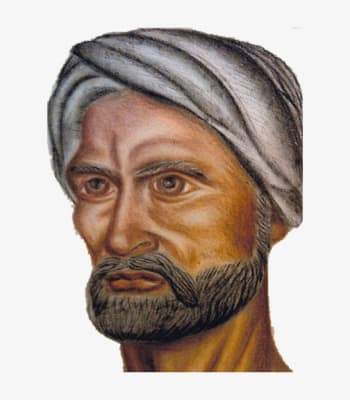I'm trying to understand the relationship between the Heritages listed in the wiki and the Origins availble in character creation.
For reference, the sub-origins available in character creation are: Rahoum, Marzum, Saramat, Irzal, Raziya, Zalawi, Amunat, Ifru, Tessere, Koumbasi
The heritages from the wiki that I'd associate with the Sirdabi caliphate are: Amunati, Salawi, Irzali, Rahoum, Tessouare, Razmani (am I missing any?)
Setting aside Koumbasi, since they are a somewhat independent emirate, that leaves the origins of Marzum, Saramat, and Ifru which I'm fairly unclear about.
Seems that origins are more-so meant to be geographic rather than cultural, does that sound right?
Would people from Marzum mostly be of Sirdabi heritage?
Saramat has a nice Wiki entry which describes Sarmatiyyans, but they are missing a heritage entry, so it took a bit of digging to figure out they exist.
I couldn't find much about Ifru, would people from there be called Ifrans? Or is it more of a region with a mix of the surrounding Tessouare, Razmani, and Amunati people living there?
Apologies for the question dump, just trying to wrap my head around all this lore. :D


